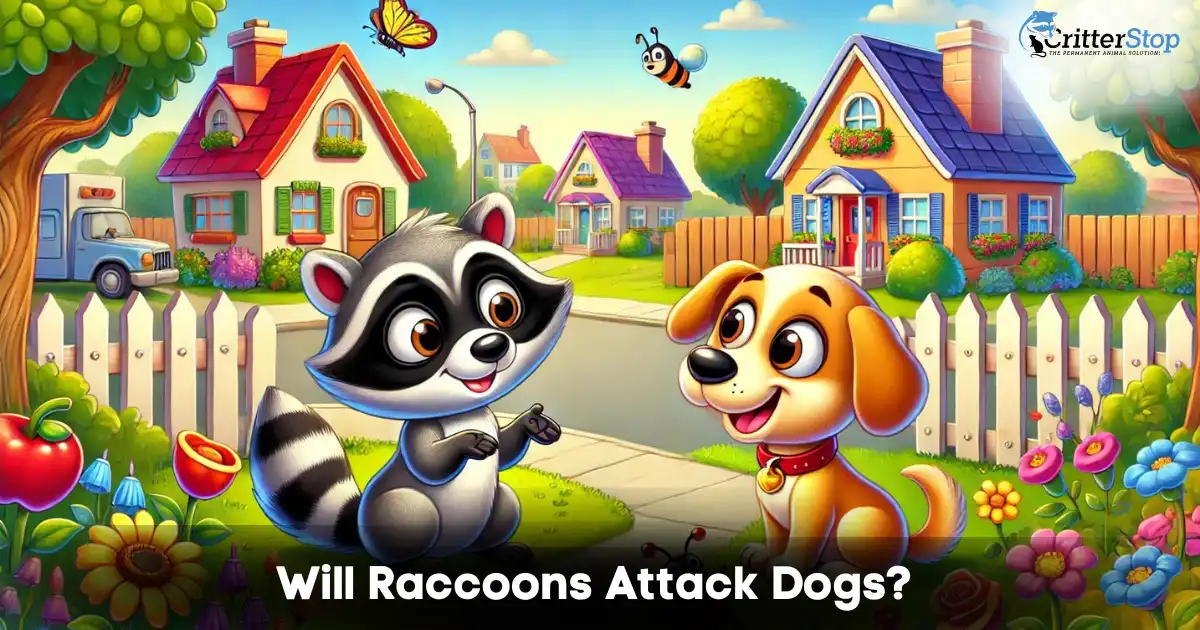
Raccoons are intelligent, adaptable creatures that have increasingly found their way into urban and suburban environments. As their habitats overlap more with those of humans, pet owners are often concerned about potential encounters between raccoons and their beloved dogs. In this article, we delve deeply into the behavior of raccoons, the risks they pose to dogs, and how to protect your pets from potential raccoon attacks.
Given the rise in raccoon populations in urban areas, understanding their interactions with domestic pets becomes crucial. Raccoons are known for their resourcefulness and boldness, which sometimes leads them to venture close to human dwellings in search of food and shelter. These encounters, although generally harmless, can sometimes escalate, especially if raccoons feel threatened or are protecting their young. As such, it's vital for pet owners to recognize the signs of raccoon presence and take preventative measures to ensure their pets' safety.
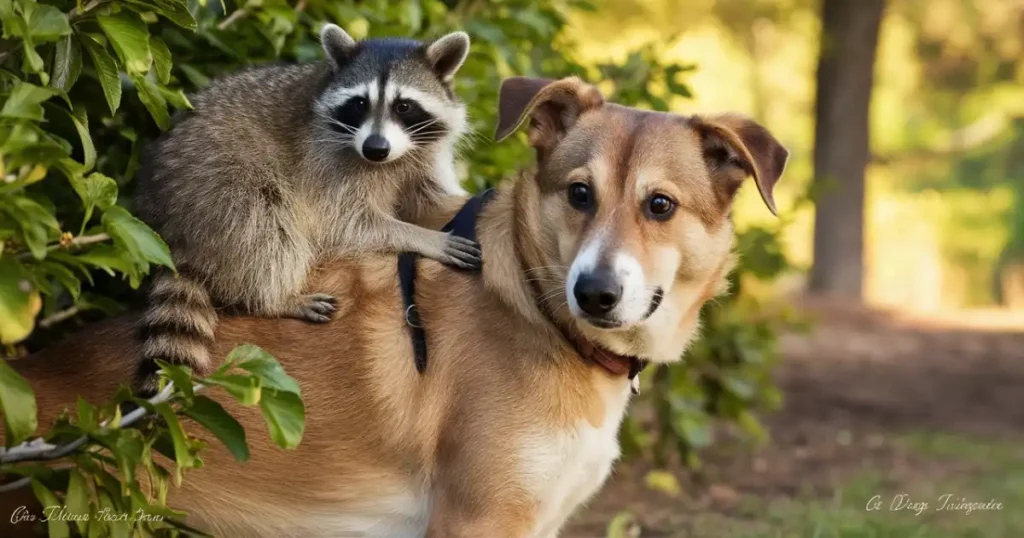
Raccoons are primarily nocturnal animals, meaning they are most active during the night. They are omnivores, feeding on a variety of foods ranging from fruits and nuts to small animals and garbage. Their intelligence and adaptability make them proficient at finding food and shelter in urban areas, leading to increased interactions with humans and pets.
The likelihood of a raccoon attacking a dog depends on several factors, including the size of the dog, the presence of food, and whether the raccoon feels threatened. Generally, raccoons do not seek out confrontations with dogs. However, they will defend themselves vigorously if they feel cornered or threatened. Here are some scenarios where raccoons might pose a threat:
Understanding the signs of aggression in raccoons can help prevent dangerous encounters. Common signs include:
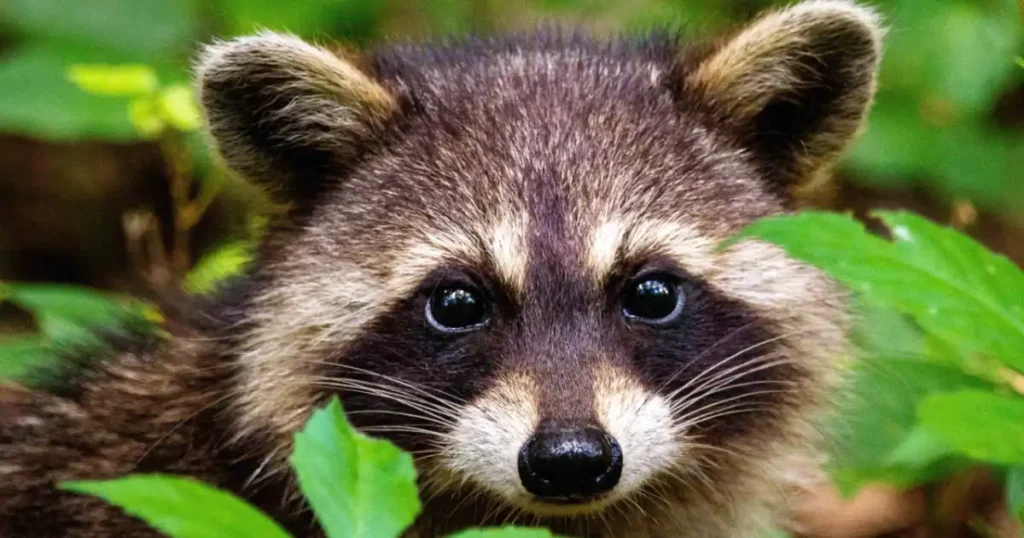
Preventing raccoon attacks on dogs involves a combination of vigilance, preventive measures, and understanding raccoon behavior. Here are some effective strategies:
If your dog does encounter a raccoon, it is crucial to remain calm and act swiftly. Here’s what you should do:
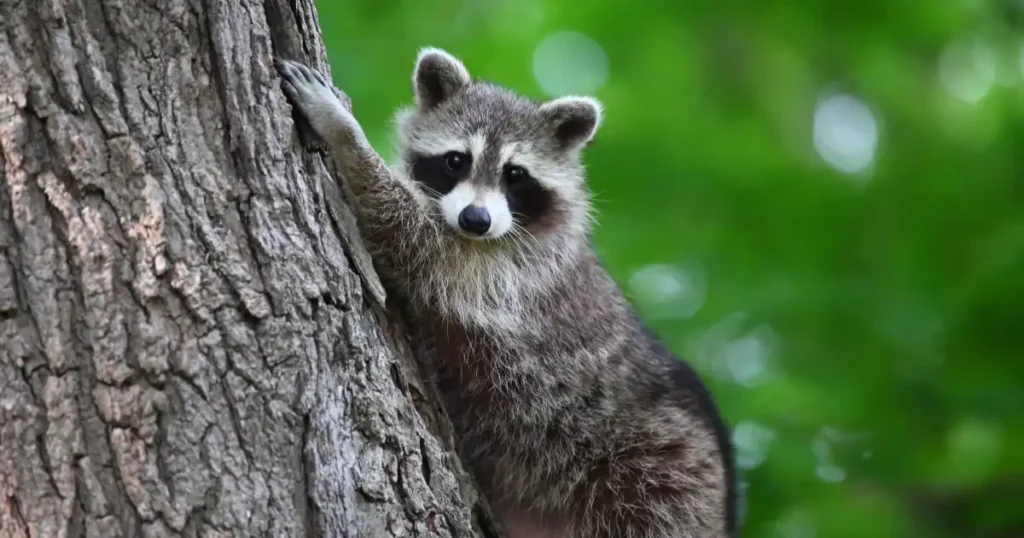
Raccoons can carry diseases that pose significant health risks to dogs. These include:
If your dog is bitten by a raccoon, seek veterinary care immediately. Here are the steps to take:
There are several myths and misconceptions about raccoons that can lead to unnecessary fear or improper handling of situations. Let’s address some common misunderstandings:
While raccoons can be aggressive when threatened, they are generally not looking for a fight. Raccoons are opportunistic feeders and are more interested in finding food than engaging in conflicts. They will usually try to avoid confrontations with dogs and humans alike.
Raccoons do not inherently seek out dogs or other pets to attack. Most encounters are defensive responses to feeling cornered or protecting their young. Understanding this can help pet owners better manage and prevent these interactions.
Not all raccoons carry rabies. However, it is a concern because raccoons are known carriers of the disease. It is essential to keep pets vaccinated and to avoid contact with raccoons that appear sick or unusually aggressive.
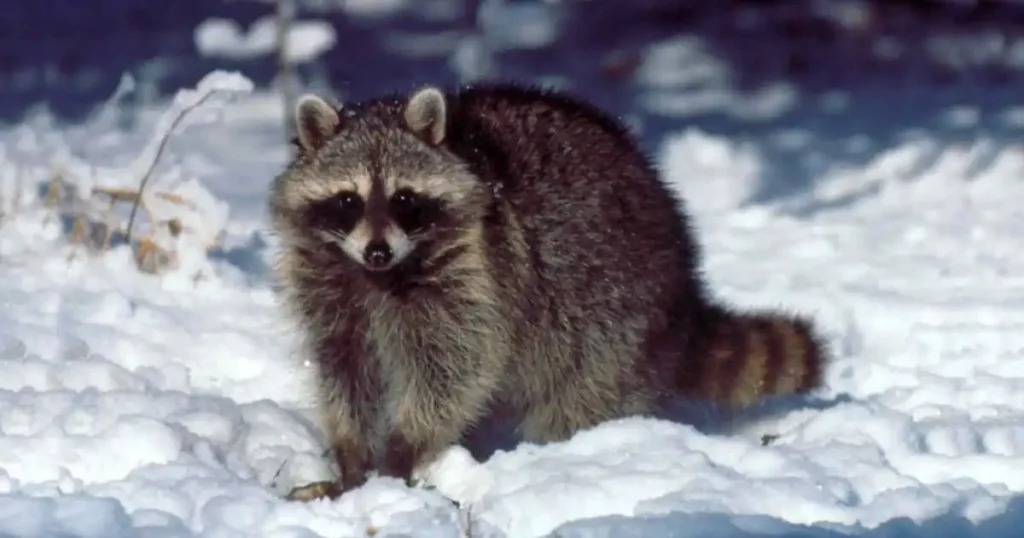
Using natural deterrents can be an effective way to keep raccoons out of your yard and away from your pets. Here are some methods:
Raccoons dislike the smell of ammonia and vinegar. Soak rags in ammonia or vinegar and place them around your yard, especially near garbage cans and entry points. Be cautious and place these out of reach of pets.
Motion-activated sprinklers can startle raccoons and deter them from entering your yard. These devices use a sudden burst of water to scare away intruders.
Installing bright, motion-activated lights can discourage raccoons, as they prefer to move around in the darkness. Placing these lights near garbage areas and entry points can reduce raccoon activity.
To create an environment that is unappealing to raccoons, consider the following steps:
Raccoons generally avoid dogs to prevent conflicts. While not necessarily afraid, they prefer to steer clear of them.
Raccoons are wary of dogs and often avoid areas where dogs are present. However, they can become accustomed if food is available.
Yes, dogs can contract distemper from raccoons through direct contact or contaminated environments. Vaccination is crucial.
Raccoons and dogs usually do not get along. Raccoons see dogs as potential threats and may act defensively if cornered.
If raccoon encounters become frequent or if you find it difficult to manage raccoon activity around your home, it may be time to call a professional wildlife removal service.
We highly recommend Critter Stop for all your raccoon removal needs. Critter Stop is renowned for its humane and effective wildlife removal methods. They have a fantastic reputation, bolstered by numerous positive customer reviews online, thanks to their high-quality work and excellent customer service. Whether it’s raccoons, squirrels, or any other wildlife, Critter Stop can handle it all with professionalism and care. Visit Critter Stop to learn more about their services and schedule a consultation.
Understanding the behavior of raccoons and taking proactive measures can significantly reduce the risk of raccoon attacks on dogs. By securing your property, supervising your pets, and using natural deterrents, you can create a safer environment for your furry friends. Always be vigilant and seek professional help when necessary to handle persistent raccoon issues effectively. Remember, for the best results in raccoon removal and wildlife management, you can always count on Critter Stop.
If you are experiencing issues with raccoons in your home, contact Critter Stop for comprehensive and humane pest control services.
Their expertise and commitment to quality make them the best choice for residential pest control in North Texas.
Contact us at (214) 234-2616 to get a free estimate of our services.
Visit our Critter Library and learn more about our furry friends